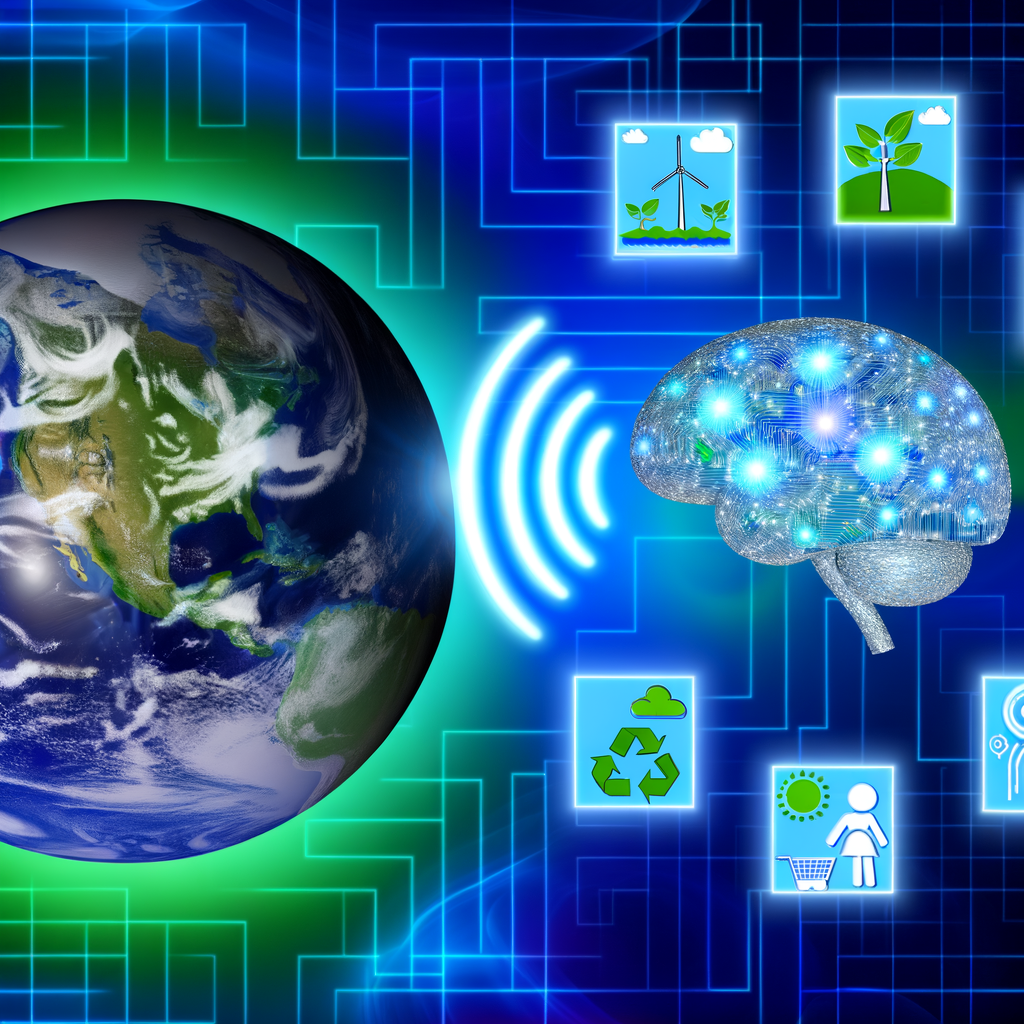Snap CEO Evan Spiegel: AI Will Enhance, Not Replace, Creative Professionals
In a rapidly evolving digital landscape, the intersection of technology and creativity remains a hot topic. Recently, Snap Inc CEO Evan Spiegel shared his insights on artificial intelligence (AI) and its impact on creative professionals. He stands firmly on the optimistic side of the debate, arguing that AI will not displace creatives but rather serve as an ally, enhancing their abilities and potentially revolutionizing the creative industry.
Understanding the AI Landscape
Artificial Intelligence has come a long way in recent years, permeating various sectors including finance, healthcare, and marketing. With advancements such as machine learning and deep learning, AI systems are increasingly capable of performing complex tasks that were once thought to be exclusively human domains. However, the question remains: is AI a friend or foe to those in creative professions?
Many creatives fear that AI’s capabilities may render their skills obsolete, leading to a future where machines create art, write stories, and design graphics without human intervention. This anxiety has fostered skepticism about AI’s role in creative fields. Yet, Spiegel believes that the narrative should pivot towards collaboration rather than competition.
The Essence of Creativity
At its core, creativity is about expression, emotion, and human experience. These unique elements define art, storytelling, and innovation. While AI can analyze data, recognize patterns, and even generate content, it lacks the intrinsic human experiences that fuel true creativity. Spiegel emphasizes that AI tools will augment human skills rather than replace them. They will help creatives push beyond their current limits.
“AI can act as an extension of our creativity, allowing us to explore new ideas and bring visions to life in ways we’ve never imagined.”
AI as a Tool for Innovation
Imagine a world where artists, writers, and designers work side by side with AI to generate fresh ideas. AI can sort through massive datasets, analyzing trends and consumer preferences, providing a creative starting point for professionals seeking inspiration. Spiegel shares that tools powered by AI can help streamline workflows, taking on mundane tasks so that creatives can focus on their core passions.
For instance, AI-driven software can assist in content creation, offering suggestions, edits, and even alternative perspectives that may not cross a human’s mind. This can be particularly beneficial for teams working under tight deadlines or in high-pressure environments. By alleviating some of the burdens of the creative process, AI allows individuals to concentrate on crafting meaningful connections through their work.
Examples of AI in Creative Industries
The adoption of AI is already visible across various creative fields. In music production, AI algorithms analyze countless songs to generate music that encompasses popular trends while still retaining originality. In visual arts, platforms enhance images using AI filters and editing tools, transforming photographs into stunning works of art with minimal effort.
Additionally, the rise of generative AI encompasses everything from automated video editing and enhancing visual designs to aiding in the generation of scripts and narratives. Startups and established companies alike are investing in AI technologies, underscoring the broad belief that AI can augment human creativity in remarkable ways.
The Human Element Still Matters
Nonetheless, it’s crucial to recognize that while AI can facilitate creativity, the human touch remains irreplaceable. The ability to evoke emotion, narrate personal experiences, and communicate profound meanings is deeply rooted in humanity—traits that AI cannot fully replicate. Spiegel urges creatives to embrace AI not as a competitor, but as a collaborator that helps elevate their work.
“Creativity thrives on human connection, emotion, and expression. AI can help illuminate paths we might not have noticed, but it cannot replace the essence of what makes art and storytelling meaningful.”
The Future of Creative Work
As AI continues to evolve, it will undoubtedly reshape the landscape of the creative industry. The blend of AI and creativity may create new professions and opportunities that we cannot yet envision. For example, roles may emerge that involve managing AI technologies, curating AI-generated content, or even ethical oversight concerning AI in creative fields.
Furthermore, Spiegel highlights the importance of education and adaptation. As AI systems become integrated into the creative ecosystem, professionals must stay ahead of the curve by enhancing their technical skills. The focus should shift towards learning how to interact with AI tools, understanding their potential, and leveraging them to foster innovation.
Conclusion: Embracing the Future
Evan Spiegel’s perspective on AI serves as a reminder to the creative community: the future is not something to fear, but something to embrace. By viewing AI as a partner rather than a threat, creatives can explore uncharted territories and amplify their artistic expressions.
The combination of human ingenuity and machine learning could lead to groundbreaking innovations and a renaissance in creative pursuits. As we navigate this new frontier, it is imperative to focus on the synergies AI can create while staying true to the humanity that underpins creative work. The alliance between AI and creativity promises to breathe life into the future of artistic expression, making it an exciting time to be in the creative fields.
As we venture forth, let us keep our minds open and our creativity alive, fostering a landscape where both AI and human ingenuity thrive together.


